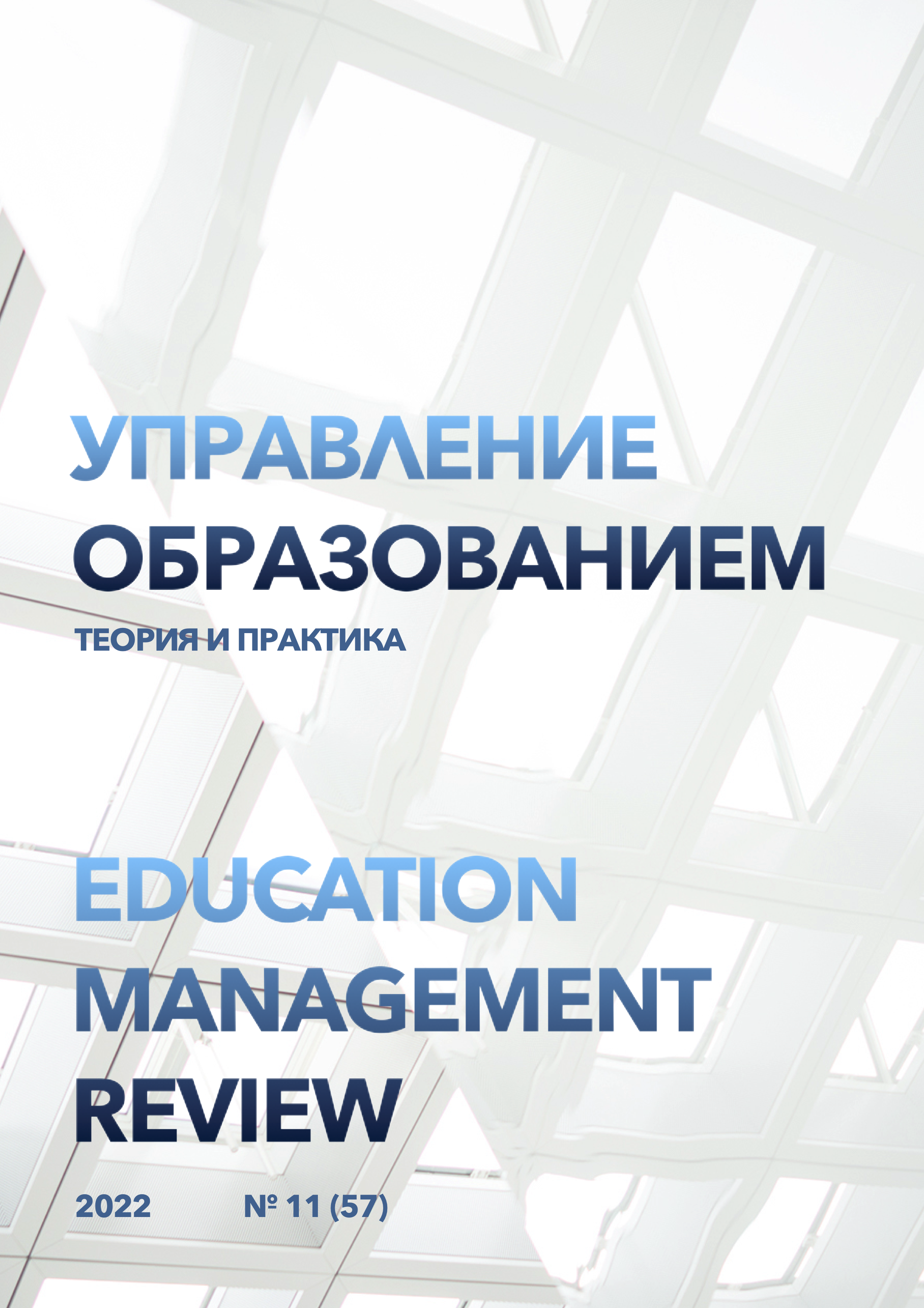Structural features of the implementation of the specialty "Software Engineering" in the technological process of the enterprise
DOI:
https://doi.org/10.25726/r4786-1358-3190-yKeywords:
software engineering, implementation, specialty, structure, enterpriseAbstract
The modern labor market requires a specialist to have new competencies that cannot be acquired without constant development, taking into account the dynamics of socio-economic transformations. Vocational education is designed to provide high-quality training of highly competent specialists - new generation specialists who constantly improve the acquired knowledge, skills and abilities in the context of continuous education. Today, a vocational education institution accumulates elements of vocational and higher education, which together contribute to the formation of a future specialist in a flexible system of innovative competencies and the desire for further professional development. The purpose of the article is to analyze scientific achievements in the implementation of innovative learning technologies during the training of junior specialists in the specialty "Software Engineering". A graduate of this educational and professional program is prepared for organizational, design, engineering, operational activities in the field of modern information technologies (the concept of educational activities in the Russian Federation, 2021). Therefore, the quality of training for future junior specialists in the specialty "Software Engineering" should be ensured by using advanced innovative teaching methods based on modern educational and material base created on the equipment of the "last" generation, software and hardware systems, software and specialized devices and systems.
References
Бождай А.С., Евсеева Ю.И. Метод рефлексивной самоадаптации программных систем // Известия высших учебных заведений. Поволжский регион. Технические науки. 2018. № 2. С. 74-86.
Тонких А.П. Проектная деятельность и формирование общекультурных и профессиональных компетенций будущего учителя начальных классов // Начальная школа плюс До и После. 2013. № 8. С. 33-37.
Allamanis M., Sutton C. Mining idioms from source code // FSE 2014: Proceedings of the 22nd ACM SIGSOFT International Symposium on Foundations of Software Engineering. Guimaraes, 2014. P. 472- 483
Callele D., Neufeld E., Schneider K. Requirements engineering and the creative process in the video game industry. Proc. XIII IEEE Int. Conf. RE, 2005, pp. 240-250. DOI: 10.1109/RE.2005.58.
El-Migid M.-A.A., Cai D., Niven T., Vo J., Madampe K., Grundy J., Hoda R. Emotimonitor: A Trello power-up to capture and monitor emotions of Agile teams. J. of Systems and Software, 2022, vol. 186, art. 111206. DOI: 10.1016/j.jss.2021.111206.
Ferreira T., Gutiérrez-Artacho J., Bernardino J. Freemium project management tools: Asana, freedcamp and ace project. In: Trends and Advances in Information Systems and Technologies. AISC, 2018, pp. 1026-1037. DOI: 10.1007/978-3-319-77703-0_100.
Gelman A., Carlin J.B. (and etc.). Bayesian data analysis. London: CRC Press, 2013. 676 p.
Gershman S.J., Blei D.M. A tutorial on Bayesian non-parametric models // Journal of Mathematical Psychology. 2012. № 56 (1). P. 1-12.
Hall M. Choosing a Project Management Tool for Game Development. 2018. URL: https://www. gamedeveloper.com/business/choosing-a-project-management-tool-for-game-development
Lyulina E., Birillo A., Kovalenko V., Bryksin T. TaskTracker-tool: A toolkit for tracking of code snapshots and activity data during solution of programming tasks. Proc. SIGCSE '21, 2021, pp. 495-501. DOI: 10.1145/3408877.3432534.
Neelakantan A., Le Q. V., Abadi M. (and etc.). Learning a natural language interface with neural programmer // Proceedings of the 5th International Conference on Learning Representations (ICLR). 2017. P. 1332-1342.
Petrillo F., Pimenta M., Trindade F., Dietrich C. Houston, we have a problem.: A survey of actual problems in computer games development. Proc. ACM SAC, 2008, pp. 707-711. DOI: 10.1145/1363686.1363854.
Sahibgareeva G., Kugurakova V. Branched Structure component for a video game scenario prototype generator. Proc. XXIII Sci. Conf. Scientific Services & Internet, 2021, pp. 101-111. DOI: 10.20948/abrau-2021-10-ceur.
Shin R., Brocksshmidt M., Allamanis M., Polozov O. Program Synthesis with Learned Code Idioms // ICLR 2019 Conference Withdrawn Submission. 2019. № 4. P. 1-12.




